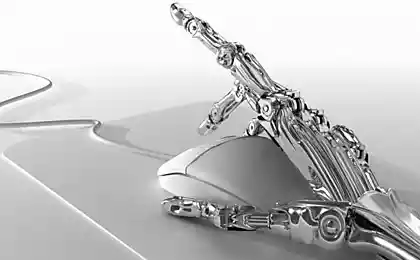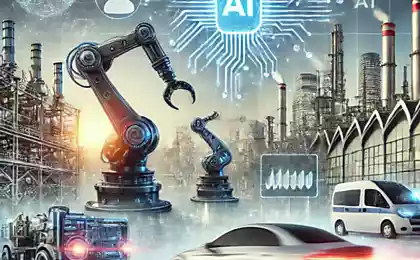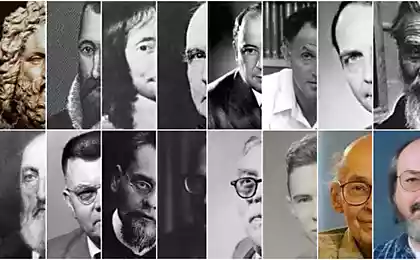194
Artificial intelligence and its impact on the labor market: who will be out of work in the next 5 years?

In recent years, artificial intelligence (AI) has been gaining momentum, having a significant impact on many aspects of our lives. One of the most important issues facing society is its impact on the labor market. In the next five years, many jobs are expected to disappear or be transformed by automation and AI.

1. Which professions will disappear?
Automation has long entered our lives, from production to services. Already, many businesses are using robots to perform tasks previously performed by humans. In the next five years, we will see significant job losses in areas such as:
- Production. Robots and automated systems can completely replace manual labor.
- Logistics. Automatic warehouses and driverless vehicles will reduce the need for human resources.
- Customer support. Chatbots and AI query processing systems will become the standard for many companies.

2. White collar: who is at risk?
If automation initially concerned mainly working professions, now AI has begun to penetrate into areas traditionally occupied by white-collar workers. Specialists in accounting, data analytics, and administration may also be at risk of being cut as AI is able to perform many of their responsibilities more efficiently and accurately.
In the next five years, we can expect:
- Job losses in the financial sector due to automation of data analysis and accounting processes.
- Reduction of positions in project management and management.
- Changing the requirements for IT professionals, with a focus on those who can work with AI and its integration.
3. How do you adapt to change?
Despite all the fears associated with AI, it also opens up new opportunities. Specialists who can adapt to new technologies and master work with AI will be in demand in the labor market. It is important to develop skills in areas such as:
- Programming and development of AI solutions.
- Processing and analysis of big data.
- Creative professions that require a human approach and innovative thinking.
Conclusion
Artificial intelligence has a huge impact on the labor market, and this process will inevitably accelerate. However, preparing for changes and developing new skills will allow many professionals not only to maintain their positions, but also to open up new career horizons.
CES 2024 Review: Major Innovations and Innovative Solutions
Socrates: Summary of doctrine, method and philosophy























